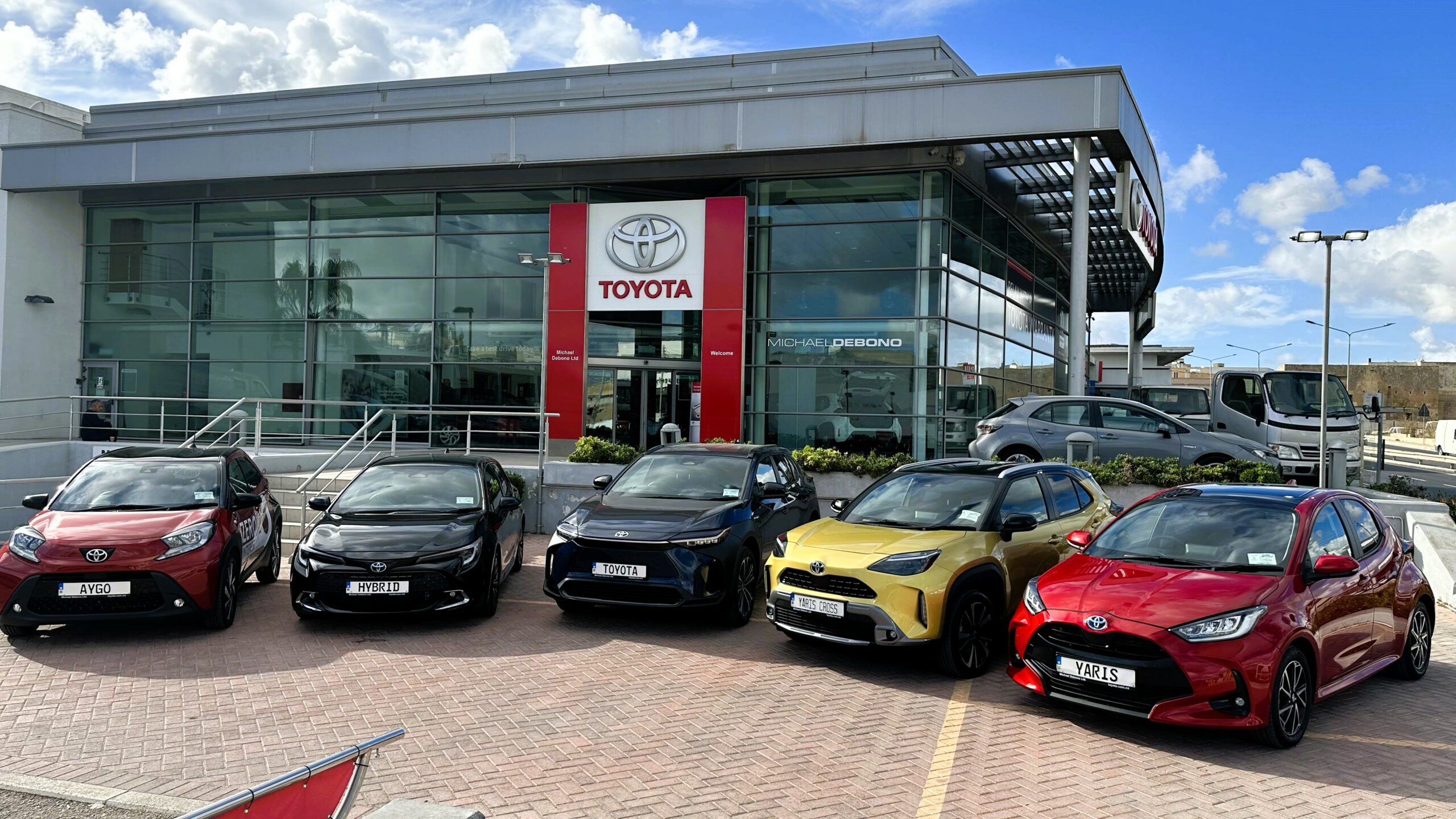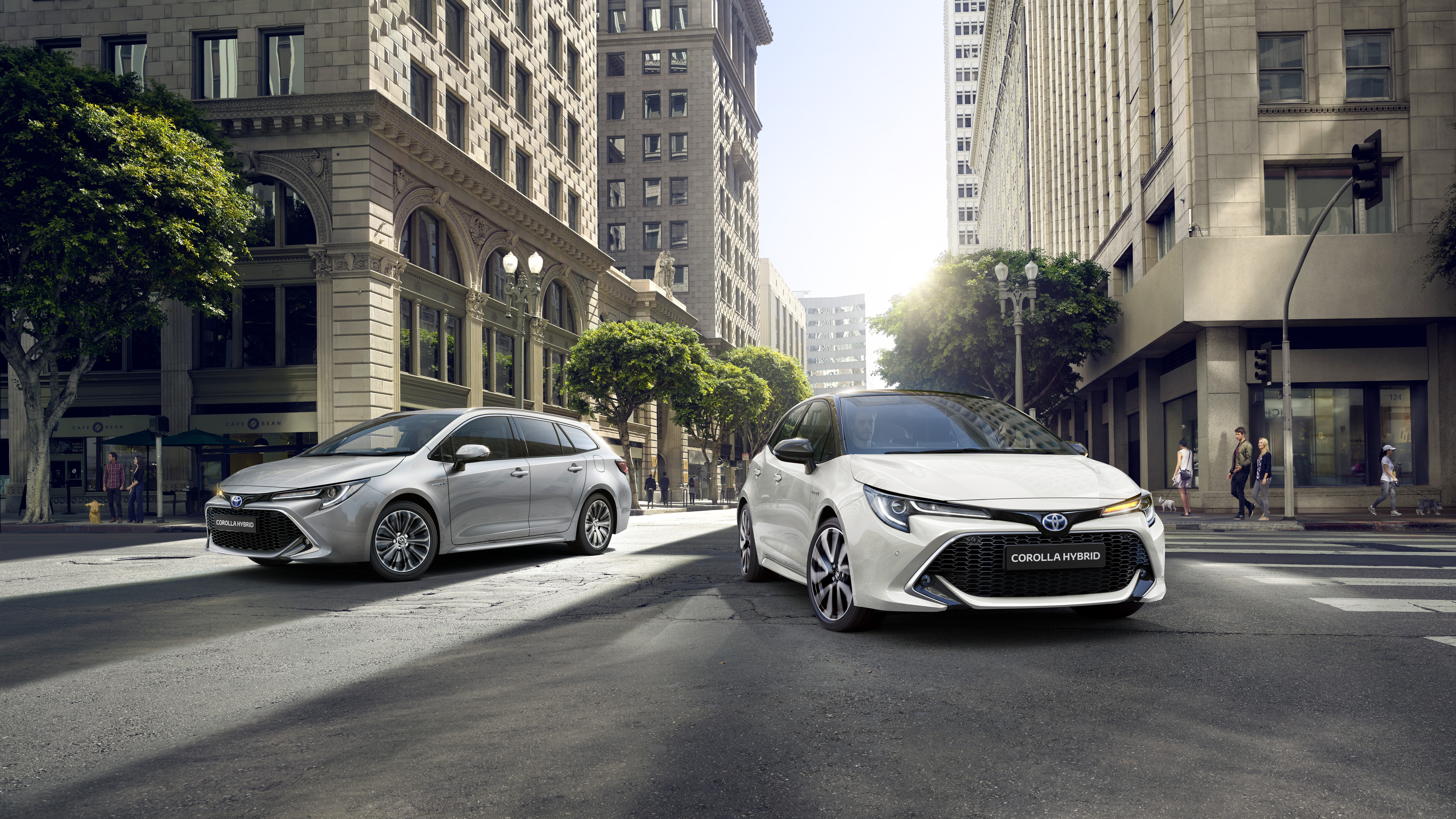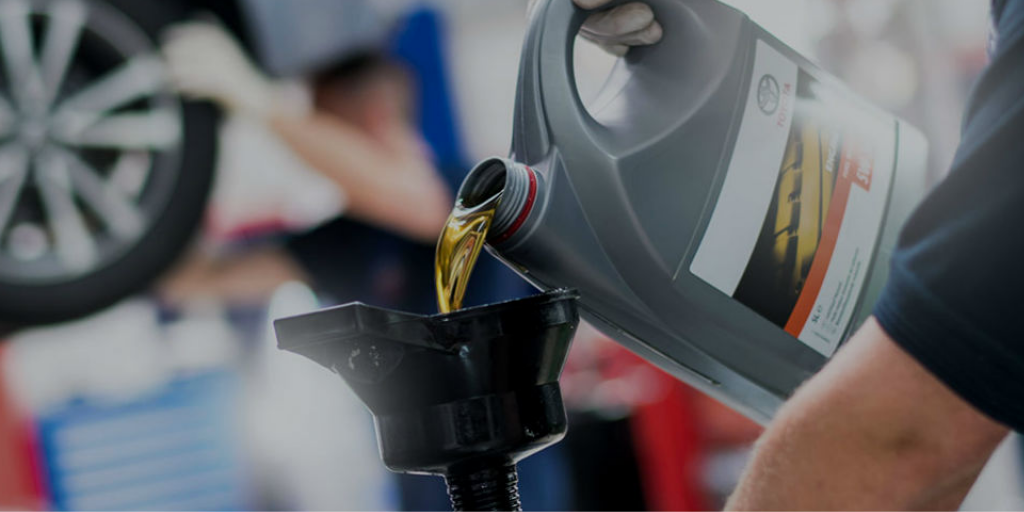Quick answer – when buying a used car, you will have to decide where to buy it from. You can either purchase from a certified dealership who will offer thoroughly checked used cars and full aftersales support, or you can buy from a private seller who may offer a cheaper option. Overall, it depends on whether you have an exact make and model in mind, your budget, your desire for peace of mind after purchasing, and other factors.
As with many things, the decision of where to buy your car is one that depends on your individual circumstances. Maybe it makes more sense for you to buy privately if your budget is limited or the car you want is older or rare and isn’t available at a dealer. Conversely if you’re purchasing a car for work or commuting, and you need something reliable with a robust dealer warranty and servicing plan behind it, you may want to consider buying from the main dealer.
In this article we’re going to help you weigh up the pros and cons of each option and in which cases buying from a dealership or privately may be more suitable.
Table of Contents

Why you should consider buying from a dealership
Buying a vehicle is a significant financial decision, and in most cases, it makes sense to purchase a car from the safest and most reliable source – which would be from a dealership.
Advantages
Warranty and guarantees
One of the main benefits of purchasing a car from a dealership is the fact that your car will be warrantied. New cars come with a manufacturer’s warranty, which can cover a wide range of defects and repairs for up to around 5-10 years. Approved used cars also come with extended warranties that either complement or extend beyond the initial manufacturer’s warranty. This provides you with peace of mind, knowing that many potential issues will be resolved without any cost to you. For example, when buying a used Toyota from Michael Debono Used, you get up to 10 years warranty from the year of manufacture, which is extended yearly following the car’s service at the dealership.
Financing options
Dealerships have a range of different financing options available to customers, which would not be available with a private sale. The vast majority of cars are bought on finance, and very few people pay cash upfront for their cars, so this offers you a significant amount of flexibility when it comes to funding your purchase.
Different finance options that dealerships may offer you include Hire Purchase and Flex. Additionally, arranging finance through a dealership is often very convenient and simplifies the buying process considerably, as it allows you to shop for and finance your car all from the same place.
Reputation and reliability
Purchasing from a reputable dealership gives you a level of reliability and accountability that just isn’t present with private sales. Dealerships have a reputation to maintain, and so you’ll likely find that most are very willing to help you with any aftersales problems you might encounter. Private sellers have no legal obligation to help you once you drive the car away.
Additionally, if you are buying a used car, a reputable dealership will perform thorough checks on the vehicle before offering it for sale, whereas a private seller won’t have any obligation to do this, and it will be entirely on you to make sure the car is as advertised and safe to drive before purchasing.
Disadvantages
Price negotiations
When you buy a car from a dealership, there’s very little room for negotiation. This can be great for you if you don’t like haggling, but if you’re looking for the best deal, you may find that a dealership isn’t willing to offer you a cash discount on the car. They may be willing to offer other incentives, however, such as free servicing, paint or fabric protection, or other perks, so it’s always worth asking. However, if you’re looking for a discount, you’re unlikely to find it at a dealership (outside of sales events).
Choice
If you’re buying from a particular dealership you may be limited to the stock they have available at any one time. If you have a specific make and model in mind, you may not necessarily find it from your preferred dealership. Having said that, it’s always good to shop around and ask the sales representatives whether they have similar vehicles in stock or whether the specific model you have in mind may be in stock soon.
Why buying privately can make sense in some situations
While buying a car from a dealership is by far the safest option, occasionally you may be willing to take more of a risk to get a bargain and opt for buying a car privately. It is worth mentioning, however, that in any case private sales are final, and where with a dealer you have consumer protection that will help you if the car is in any way faulty, with a private sale you have no such protection.
Advantages
Price negotiations
If you’re looking for the best deal, buying privately may mean you can negotiate a discount on the price of the car (if the seller is willing to negotiate with you). Often a seller will have researched the market and will understand exactly what they’re able to sell their car for, so unless there’s a problem with the car, it’s unlikely you’ll be able to negotiate to below market value.
Additionally, buying privately may be slightly cheaper than the equivalent car from a dealer – however this is due to the fact that when buying privately you have zero aftersales support and service, no warranty, and if something goes wrong, it’s on you to fix it.
Direct communication with the owner
Sometimes it can be good to have a direct conversation with the owner to get more of an idea of the history of the car, any problems it might have had, or any quirks you might need to watch out for. Having said that, a dealership is only going to offer cars for sale that won’t negatively impact their reputation. If a car has a recurring issue, a dealership will resolve it before sale, and if it has any other negative aspects, the dealership will tell you about this upfront.
Additionally the dealership will fully check all the cars they offer for sale, so a conversation with the owner might be nice, but if you’re choosing between buying privately versus buying at a dealership, the dealership is going to be able to tell you everything you need to know about the car before you buy it.
Disadvantages
No warranty
Used cars bought privately have no warranty. You might be able to buy one from a third party, but there’s no obligation on the seller to warranty the car for any period of time. This can leave you in a difficult situation if you experience problems with the car and you aren’t able to get anyone to fix them, leaving you to pay out of pocket.
Issues with the vehicle’s condition
If there are problems with the vehicle – either mechanical or cosmetic, it’s generally down to you to do your own checks before you agree to purchase the car. If the car does turn out to have something wrong with it after you’ve bought it, you may find that it’s difficult to get hold of the seller to agree to fix it – and the seller likely has zero legal obligation to help you.
This isn’t the case with a dealer, where the vehicle will have been thoroughly checked by the dealers’ technicians before sale, and if for any reason any issues did arise after sale, a dealer will have comprehensive aftersales processes to make sure that they resolve any issues you might have.
Paperwork and legalities
When you buy a car from a dealer, you’ll find that as part of the service, all paperwork is sorted for you – anything that needs to be filed with Transport Malta will likely be filed at the point of purchase, leaving you to simply collect your keys and drive away. This won’t be the case with a private sale, and it’ll be up to you to file any relevant paperwork with the authorities.
Additionally a dealer will always sell you a car that’s road legal, often with an up-to-date VRT. You might not have this luxury when buying privately, and it may mean you need to book your vehicle in soon after buying it. If it needs repairs, this will cost you money that you likely wouldn’t have had to pay out had you bought from a reputable dealer.
Things to consider when buying a car
Determine your vehicle needs and budget. If you are looking at vehicles that will be difficult for you to afford, or you’re just looking at what looks nice and haven’t considered the practical usage of your car, you are wasting your time. Work out the total amount you think you are able to spend on the car – either in full, or by month. Work out what you’ll need your car for – is boot space important, or do you need 7 seats, would you prefer a petrol or a hybrid, etc.
We’d also recommend inspecting a car before you buy it. While with a dealership you can have a certain level of confidence that the car has been thoroughly checked over and reviewed for any mechanical problems or cosmetic issues, you have no such guarantee with a private sale. Check the engine and mechanical components, the exterior for any cosmetic damage, as well as the car’s service history. Test drive the car, and check for any unusual sounds, any knocks or bumps as you drive and that the car shifts up and down the gears properly without any strange noises or jerking.
Conclusion
Irrespective of whether you opt for a dealership or a private sale, purchasing a vehicle should not be done without careful consideration. Of course – we would recommend purchasing via a dealer, as it’s by far the safest option. If you purchase an approved used Toyota, you can be sure of receiving the highest quality aftersales service and support to ensure your car is as reliable and dependable as possible for many years to come.

FAQs
How can I find out about a car’s service history?
Modern cars have digital service records and these will be available from the dealer. Older cars have a service book that is stamped by the garage when the car is serviced. You should ask to see this before you buy, as well as any other receipts or invoices for work done to the car. If a private seller doesn’t have any of this documentation, you have no guarantee the car has been serviced according to the manufacturer’s specifications.
What should I do if I discover a problem with the car after purchase?
If you bought from a dealership, contact them straight away. They will have a process in place to book your car back in with their service centre and diagnose the problem – and if the car is still under warranty (which it likely will be if you have discovered a problem within a few weeks or months of purchasing the car) it will usually be fixed without any cost to you.
If you bought a car privately, you can try to contact the seller, but be aware that they likely have no legal obligation to help you and you will probably have to fund the repairs yourself.


